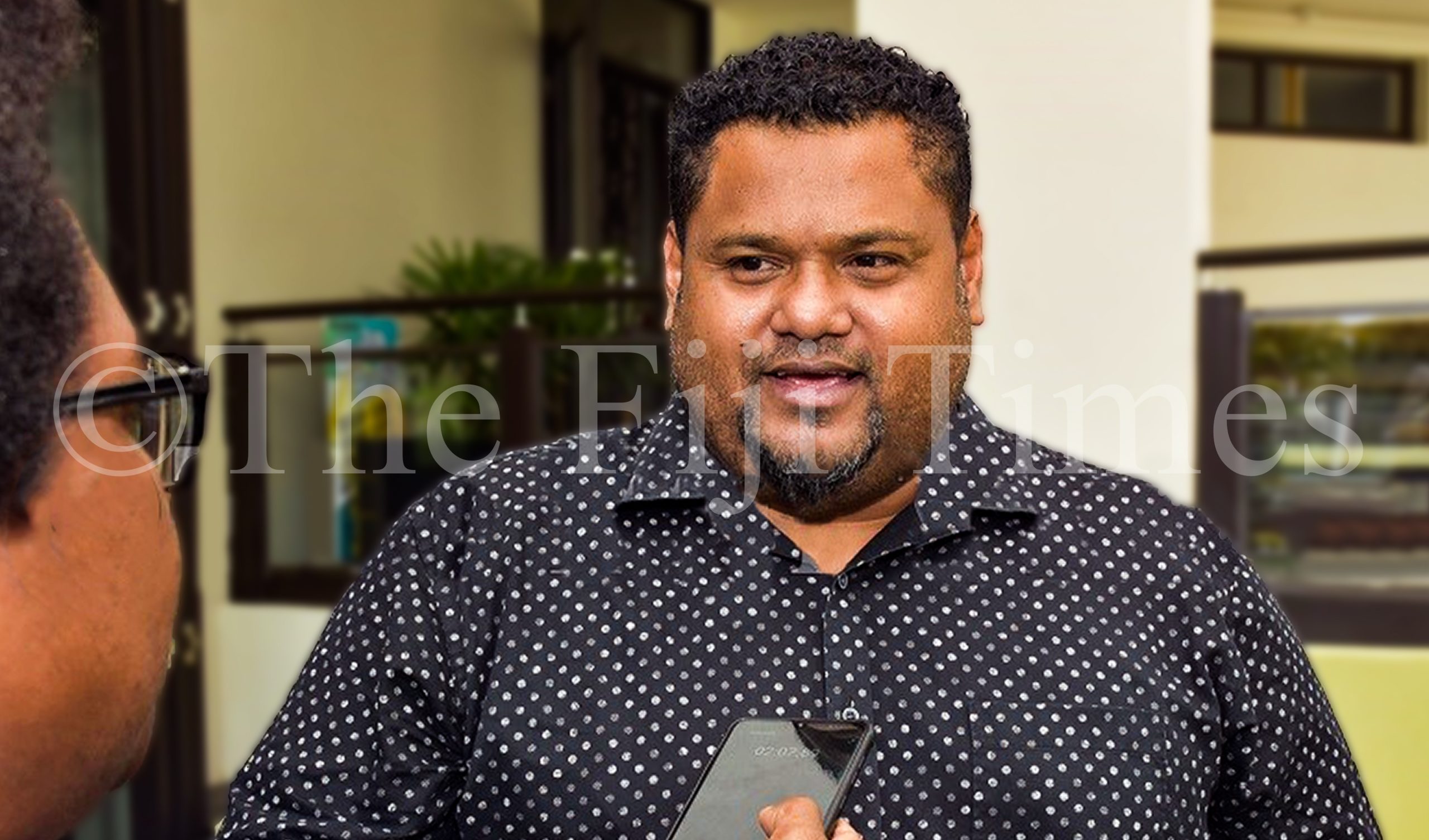THE Fiji Commerce & Employers Federation (FCEF), the umbrella organisation representing Fiji’s private sector, has rejected the draft Employment Relations Bill and has vowed to oppose its passage to Parliament in its current form. FCEF chief executive officer Edward Bernard said in a statement last week that FCEF had informed Minister for Employment, Productivity and Workplace Relations Agni Deo Singh in a letter that its representatives on the Employment Relations Advisory Board (ERAB) will not be providing their endorsement for the proposed Bill.
“The reason for us taking this position is due the fact that only one meeting (on March 5, 2025) of the ERAB was convened, after the close of public consultations on February 20, 2025,” Mr Bernard said.
“One meeting is not sufficient to thoroughly discuss this important legislation based on the many public submissions received and one meeting is especially not adequate considering the unacceptable state and form of the draft that went for public consultations.”
Mr Bernard said it was only on March 20, 2025, after that one meeting, that FCEF representatives on the ERAB received the tracked annotated Bill (188 pages) and the summary of public submissions (305 pages).
“The absence of these two important documents before or at the first meeting did not allow our representatives to thoroughly engage in reviewing the substance of the latest draft,” he said.
Mr Bernard said on April 2, 2025, FCEF members on the ERAB had received an endorsement form, including the minutes of the March 5, 2025 meeting, from the ministry seeking their endorsement of the draft Employment Relations Bill to be submitted to Parliament.
“Many of the provisions that employers have highlighted before and even at the public consultations and that will gravely impact employment opportunities, business sustainability, investor confidence and economic growth, still remain in the latest draft that the Ministry has already sent to the Solicitor General’s Office,” Mr Bernard said.
Among those were: absolute liability, criminalisation of contract breaches and excessive fines.
He said FCEF was concerned that there had been no attempt to modernise the labour law to reflect the transformation of workers, businesses and economy to progress towards the future of work that progressive economies were now moving towards.
“There is no consideration of the size of the company, state of the sector or the condition of the economy, including the high cost of doing business or even the new tariffs imposed by the United States,” Mr Bernard said
“The amendments continue to focus on penalising employers and providing maximum benefits to workers, to the extent that the Fiji Trades Union Congress (FTUC) is treating the Bill as a national collective agreement for all workers.”
Mr Bernard said FCEF had strongly suggested in its letter that the draft Bill be discussed thoroughly at ERAB, given that all members now have the complete documents that they had been requesting for.
Note: This article was first published on the print version of the Fiji Times dated April 7, 2025.



